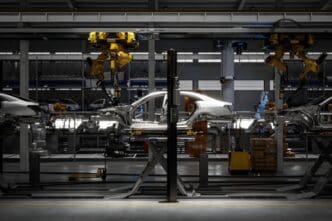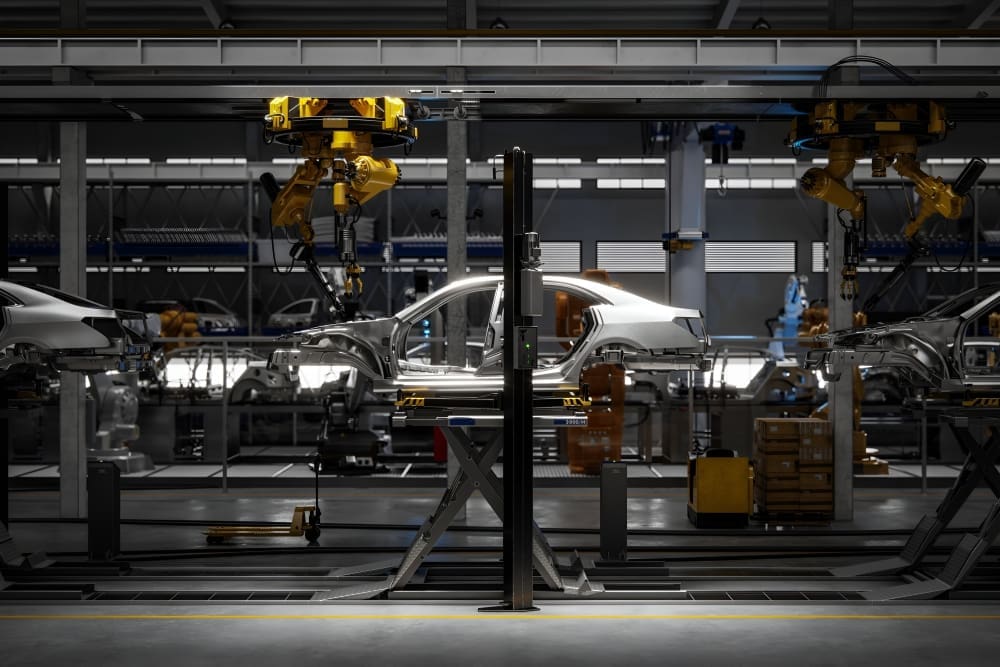Central European nations are grappling with significant challenges as they face potential hefty tariffs imposed by the United States on their automotive exports. With a critical negotiation deadline approaching on July 9, the European Union is racing to broker a trading deal with the US to prevent these tariffs, which could reach up to 50% on EU imports, from taking effect.
Slovakia, Hungary, and the Czech Republic, renowned for their high per-capita car production, are particularly vulnerable. Despite this, these countries have shown mixed reactions to the looming tariffs. Slovakia, for instance, is the world's leading car producer per capita, and the automotive sector is a vital part of its economy, contributing significantly to its GDP and employment. The Slovak government has been criticized for its lack of concrete measures to mitigate the impact of the US tariffs, with internal debates highlighting the government's focus on blaming the EU and not adequately preparing for the potential economic fallout.
In Slovakia, the automotive industry is the backbone of its economy, with over 244,000 people employed and a significant portion of its exports tied to this sector. The National Bank of Slovakia has expressed serious concern, predicting a potential economic slowdown and significant job losses due to the tariffs. However, the Slovak government has yet to present a comprehensive strategy to counter these threats, prompting criticism from industry experts who argue that internal economic reforms are necessary to bolster resilience against external economic pressures.
Hungary, another major player in the car manufacturing sector, faces similar dilemmas. The country is the third-largest car producer per capita in the EU, and while its direct exports to the US are limited, the potential tariffs still pose a significant threat due to Hungary's export-oriented economy. The Hungarian government has urged the European Commission to negotiate effectively with the US but remains largely unprepared for the tariffs' repercussions. With ongoing concerns over competition from Chinese manufacturers and challenges related to electrification, the Hungarian car industry is under pressure, and experts predict further job losses.
Meanwhile, in the Czech Republic, the situation is slightly different. Although its car exports to the US are minimal, the Czech automotive sector, deeply integrated into European supply chains, could suffer indirectly from the tariffs. Czech authorities acknowledge the potential long-term impacts, with industry leaders warning of a severe economic blow.
As these nations navigate the complexities of international trade and the implications of US tariffs, their governments face mounting pressure to protect their economies and industries. The situation underscores the broader challenges for the EU in maintaining stable trade relationships with the US amidst shifting economic policies and geopolitical tensions.








